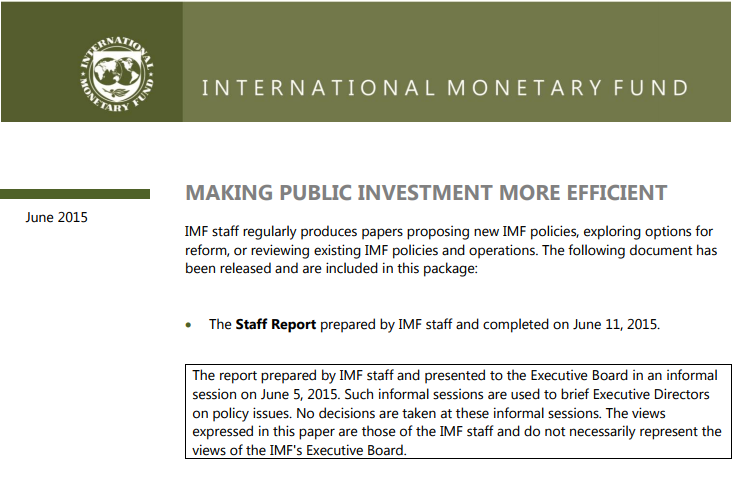Publications
Filter by
690 results found
This note seeks to identify a research agenda for addressing the main gaps in information for understanding the drivers and impediments of long-term investment and related financing.

The Decision Tree Framework is a robust decision scaling approach from the World Bank that provides resource-limited project planners and program managers with a cost-effective and effort-efficient, scientifically defensible, repeatable, and clear method for demonstrating the robustness of a project to climate change.

This paper studies the joint decision to invest in such infrastructure, and retrofit it later, given that future climate damages are uncertain and follow a geometric Brownian motion process with positive drift.

This report presents the water and climate adaptation plan (WATCAP) developed for the Sava river basin (SRB), the report covers climate impacts in the Sava river basin, an economic evaluation of the SRB and Hydrologic Modeling of SRB.

The study provides a qualitative and quantitative analysis of the employment impact EIB projects in four Mediterranean partner countries.

The World Bank's initiatives of social accountability and transparency over the past two decades are increasingly founded on the notion that transparency and social accountability of public institutions are essential for stimulating economic growth.

The guidelines give concrete advice to countries on how to manage their responsibilities as company owners, thus helping the state-owned enterprises to become more competitive, efficient and transparent.

This guide provides a high-level overview of each assurance process for infrastructure projects in the Commonwealth.


This paper finds that better Public Investment Management enhances public infrastructure quality and economic growth, and pinpoints key institutional reforms needs to boost public investment efficiency and productivity.


The FCCL Framework was prepared in assistance with the World Bank under the IFPPP project and it comprises FCCL guidelines and the FCCL technical manual.

This report outlines the guidance and recommendations concerning the reform proposals of state owned enterprises operating in the field of water supply and urban sanitation as well as providing guidance/recommendations concerning economic management options for service providers in Vietnam.


Given the pivotal role of public finance agencies in scaling up climate finance, Multilateral Development Banks (MDBs) have a major role to play in mainstreaming climate change and in providing finance in an effective, catalytic manner.


The purpose of the Guidelines is to establish the types of socioeconomic evaluations that will be applicable to the investment programs and projects considered by the dependencies and entities of the Federal Public Administration.

The OECD High-Level Principles for Integrity, Transparency and Effective Control of Major Events and related Infrastructures build upon lessons learned from the cooperation between the Italian Anti-Corruption Authority (ANAC) and the OECD in the development of infrastructure related to Expo Milano 2015 to set out a model that can be applied to many other large infrastructure projects that face the same challenges..

The PPP Center Manual of Operations is a guidebook that provides the guidelines for effective performance and completion of core tasks and responsibilities of the PPP Center.

The World Bank's Water and Sanitation Program (WSP) examined eight water utility PPPs.

This publication outlines options for the financing and implementation of a systematic infrastructure action plan for the Seychelles.

The review consisted of a detailed assessment of the current institutional set-up, including roles and responsibilities for EE in Turkey, along with a comparison with international experience and best practices. A final set of institutional options and recommendations are provided at the end of the report.

The Decision Tree Framework is a robust decision scaling approach from the World Bank that provides resource-limited project planners and program managers with a cost-effective and effort-efficient, scientifically defensible, repeatable, and clear method for demonstrating the robustness of a project to climate change.




